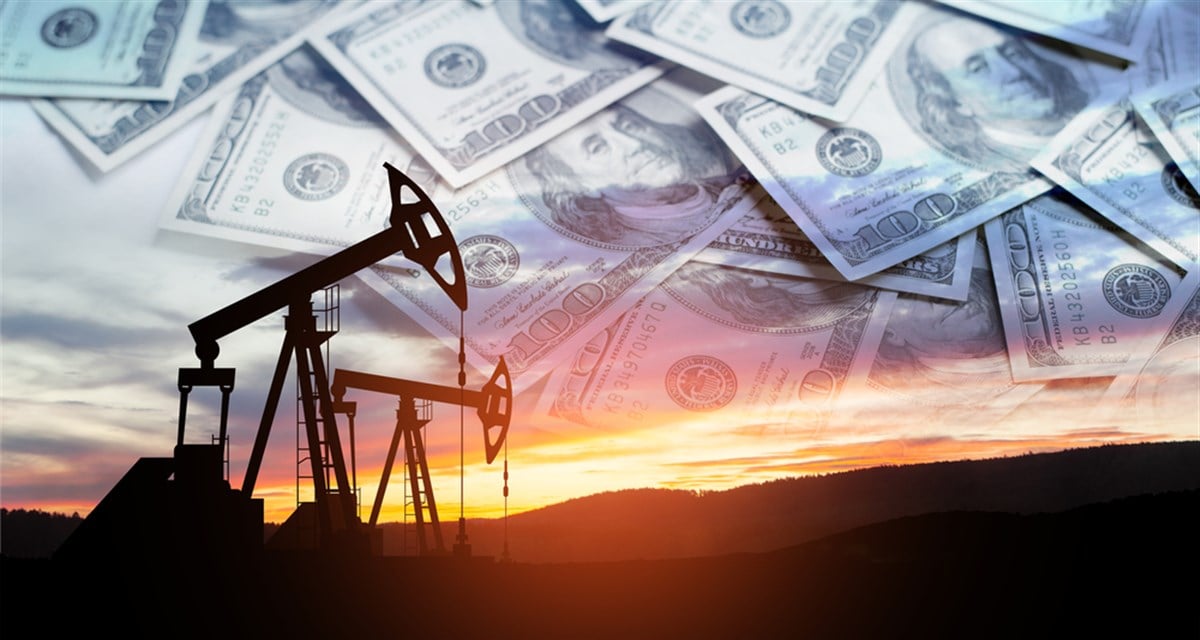
Donald Trump has been an ardent supporter of his “Drill, baby, drill” slogan throughout his re-election campaign. As the returning President, Trump promises to make good on his intent to increase domestic oil and gas production in the oil/energy sector by reforming energy permitting and increasing fracking on federal lands. Trump has commented his intent to cut energy bills in half after his first year in office. Trump nominated Chris Wright to head the Department of Energy to increase domestic drilling.
Wright is the CEO of Liberty Energy Inc. (NYSE: LBRT), a hydraulic fracking services provider to the oil and gas industry. If Trump is successful in his attempt to boost domestic oil and gas production, then it should cut the price of oil and natural gas. In doing so, it would benefit certain industries dramatically. Here are three stocks that would benefit from the drop in energy prices due to Trump's "Drill, baby, drill" agenda.
United Airlines: Lower Fuels Costs Drive Down Airline’s CASM
Fuel and labor are the two largest costs for airlines. Lower fuel prices would improve its cost per available seat mile (CASM), which is calculated by dividing an airline's total operating expenses by the total number of available seats. Operating expenses include both fuel and labor costs along with maintenance, airport fees, and aircraft costs. Lower CASM indicates more efficiency, contributes to profitability, and improves operating margin. CASM-ex is the cost per available seat mile minus fuel costs. For efficiency's sake, it's a more precise metric for gauging how well the airline is handling expenses that it can control. CASM-ex helps track cost-cutting measures and efficiency initiatives over time.
United Airlines Holdings Inc. (NASDAQ: UAL) improved its cash flow by 70% year-over-year (YoY) in Q3 2024. The improvement was driven by profitability, solid cost management, and robust demand. CASM rose 0.1% YoY, and CASM-ex rose 6.5% YoY. Capacity rose 4.1% YoY, but adjusted pre-tax margin was a healthy 9.7%, beating Delta Air Lines Inc.’s (NYSE: DAL) 8.6% pre-tax margin. Oversupply was a concern driving down ticket prices, but it hit an inflection point in the middle of August 2024. Total revenue per available seat mile (TRASM) fell 1.6%, again beating out Delta's TRASM of a decrease of 3.6% YoY. United Airlines spent $3 billion on jet fuel in the quarter, down 10.4% YoY, as the average fuel price per gallon was $2.56.
United Airlines took a conservative stance on Q4 2024 EPS guidance, expecting $2.50 to $3.00, which was in line with the $2.76 consensus analyst estimates.
Royal Caribbean: Lower Fuel Costs Would Boost Margins for Cruise Ships
Cruise ships take a lot of fuel to operate. Fuel costs can range from 7% to 15% of operating expenses. The key metrics are gross cruise costs per available passenger cruise days (APCD) and Net Cruise Costs (NCC) per APCD, often reported excluding fuel costs. These are drivers for its gross margin yields.
Best-in-class cruise operator Royal Caribbean Cruises Ltd. (NYSE: RCL) reported Q3 2024 EPS of $5.20, beating consensus estimates by 17 cents. Revenues surged 17.5% YoY to $4.89 billion, meeting consensus estimates. The load factor rose to 111%. Gross margin yields rose 13.4%. Gross Cruise Costs per APCD rose 1.3%. NCC, excluding fuel per APCD, rose 4% YoY.
Royal Caribbean issued in-line guidance for full-year 2024 EPS of $11.57 to $11.62 versus $11.58 consensus estimates. NCC, excluding fuel per APCD, is expected to rise 6.2% to 6.7% YoY.
Boeing: Lower Fuel Costs Would Boost Aircraft Sales
Aerospace giant Boeing Co. (NYSE: BA) had a tumultuous 2024 capped off by a costly union strike for 33,000 workers, which cost them an estimated $5.5 billion in damages. However, with over half a trillion dollars in backlog, there is no shortage of demand for its passenger planes.
Lower fuel costs would improve airline profits, which would help encourage new aircraft orders. Airlines would be more motivated for and capable of upgrading their fleets with more fuel-efficient newer models to help bolster margins and lower their long-term CASM. Boeing would be an indirect beneficiary of Trump’s “Drill, baby, drill” initiatives but would also benefit from its "Made in America" theme and policies.
Boeing stock rallied 9% in December to close 2024 out with a 26% loss. Boeing has the potential to be a major comeback story in 2025.
The article "3 Stocks Set to Benefit From Trump’s “Drill, Baby, Drill" Policy" first appeared on MarketBeat.







